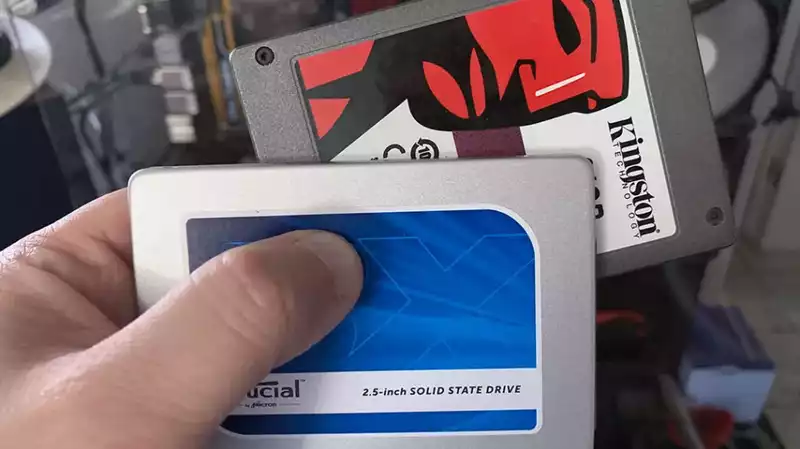This is according to the latest data compiled by Trendfocus (via StorageNewsletter), which shows that SSD shipments jumped 6% to 87 million units in Q4 last year. With this strong finish, SSDs will overtake HDDs in terms of full-year shipments, with about 333 million SSDs sold in 2020, compared to about 260 million HDDs.
Client (or consumer) SSD sales were the main driver. In addition, shipments of enterprise PCIe SSDs declined for the third consecutive quarter. The report does not elaborate on the details of the decline, attributing it solely to "higher inventory and lower demand.
As much as consumers are embracing faster storage media, HDDs are not dead. To the contrary, the value proposition of bulk HDD storage is not something SSDs can touch, which is reflected in the capacity breakdown between the two storage options: even if SSDs retain a 28% advantage in shipments in 2020, HDD shipments will still be 207 exabytes versus 1 zettabytes or more, accounting for five times more capacity (1 zettabyte includes 1,000 exabytes).
Nevertheless, SSDs are closing the gap; it wasn't that long ago that people complained that 128GB SSDs were all too common among off-the-shelf desktops and laptops. These days, 256GB SSDs are considered a cut above the rest, and many systems ship with drives as large as 512GB or more. This is (indirectly) reflected in the data in the report, where a quick calculation shows that the average capacity is 0.62 terabytes.
This is no coincidence, meaning that most SSDs shipped in 2020 were 512GB and 1TB models. There are other breakdowns that could result in the same average capacity, but based on what we have seen so far, this scenario seems more likely.
The champion of this shift is the declining cost of NAND flash memory - according to the report, SSD shipments account for 45% of all NAND flash chip shipments. As a result, one can now get a 512GB SSD for about $50 and a 1TB SSD for under $100. Obviously, faster models are more expensive, but even SATA SSDs offer significant speed gains over HDDs.


Comments